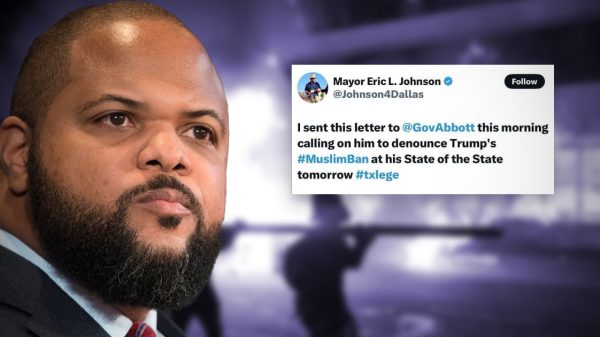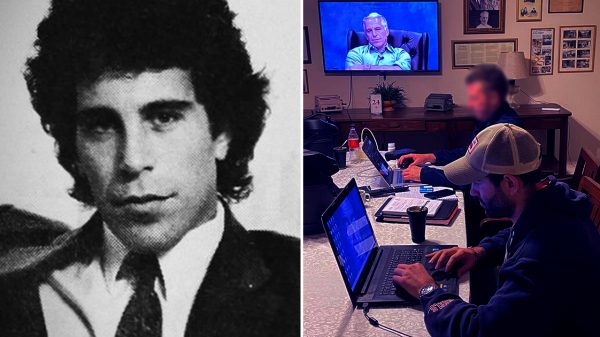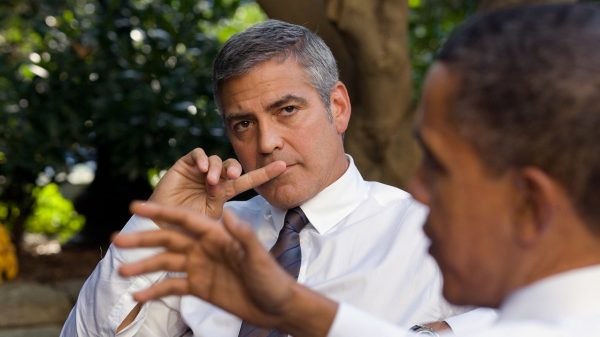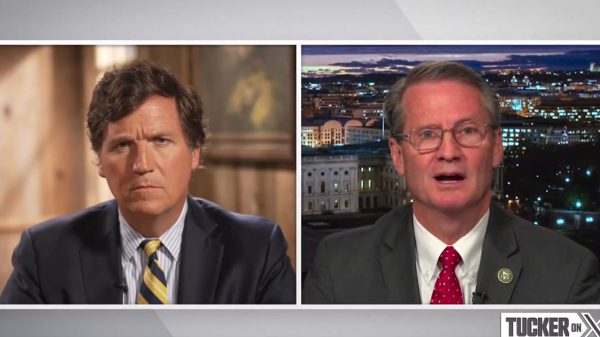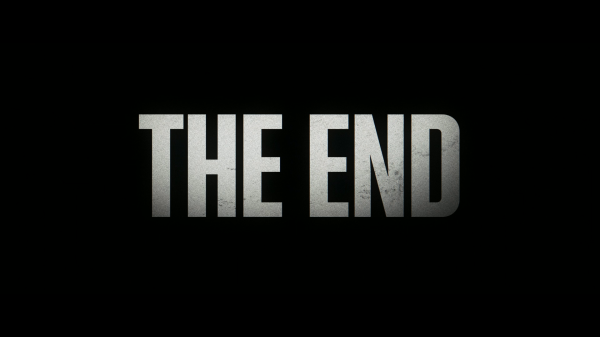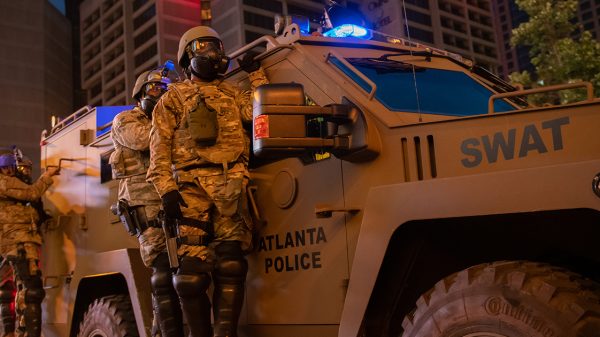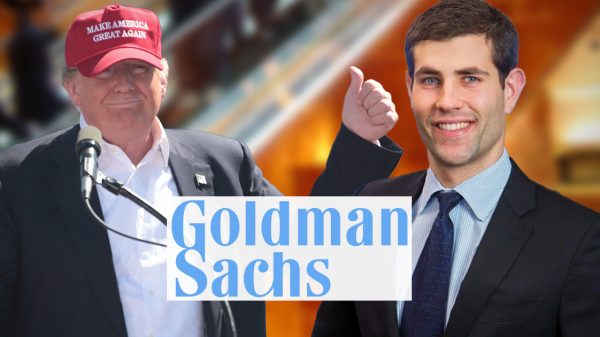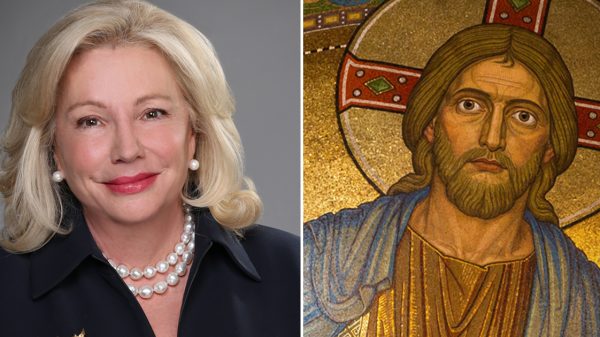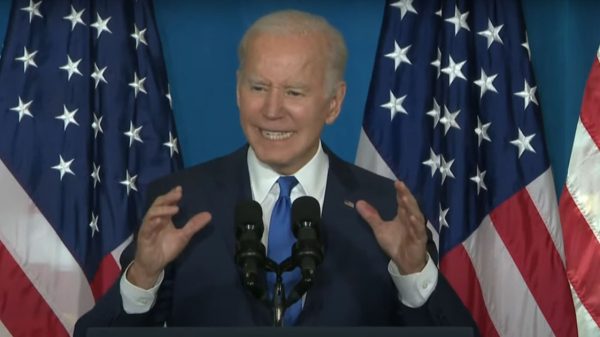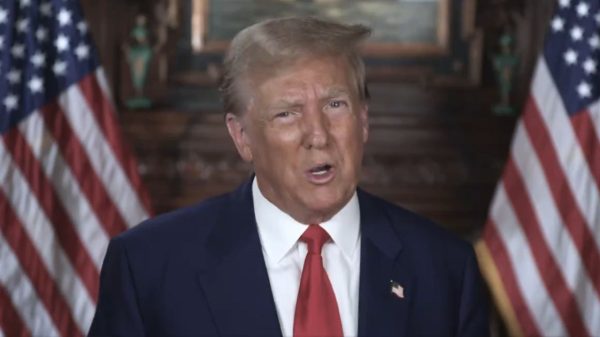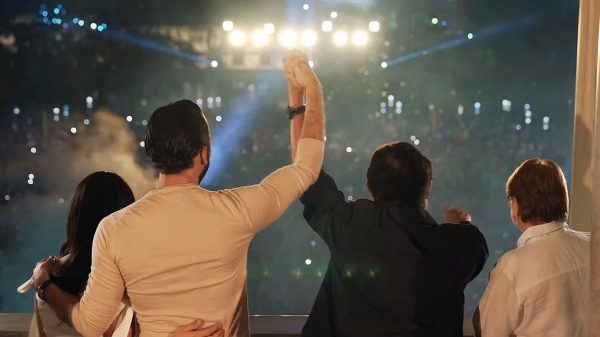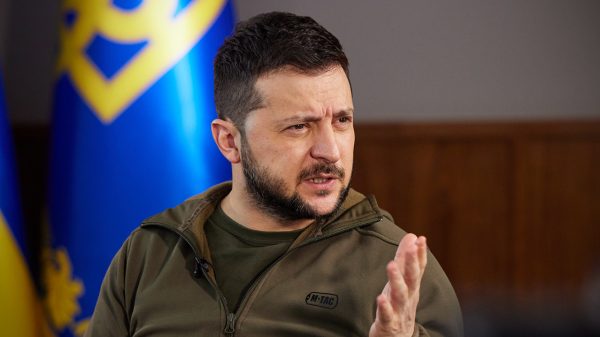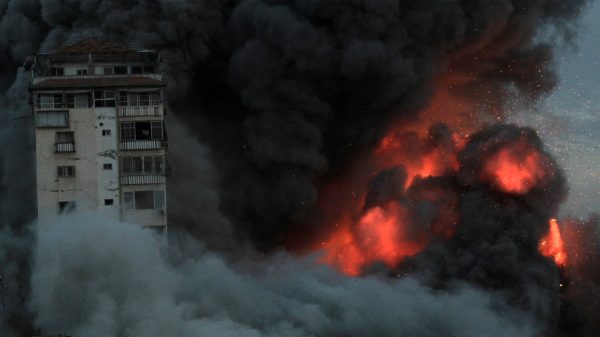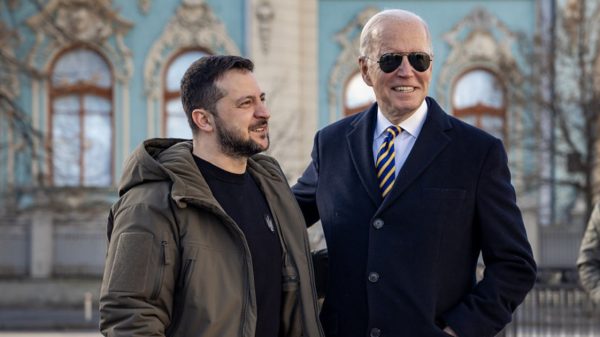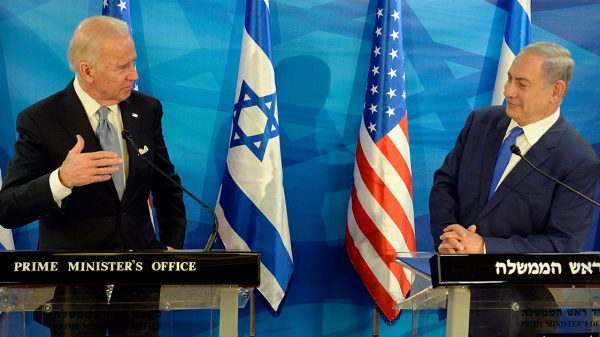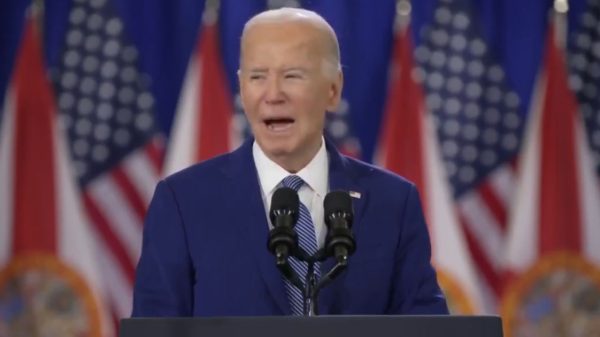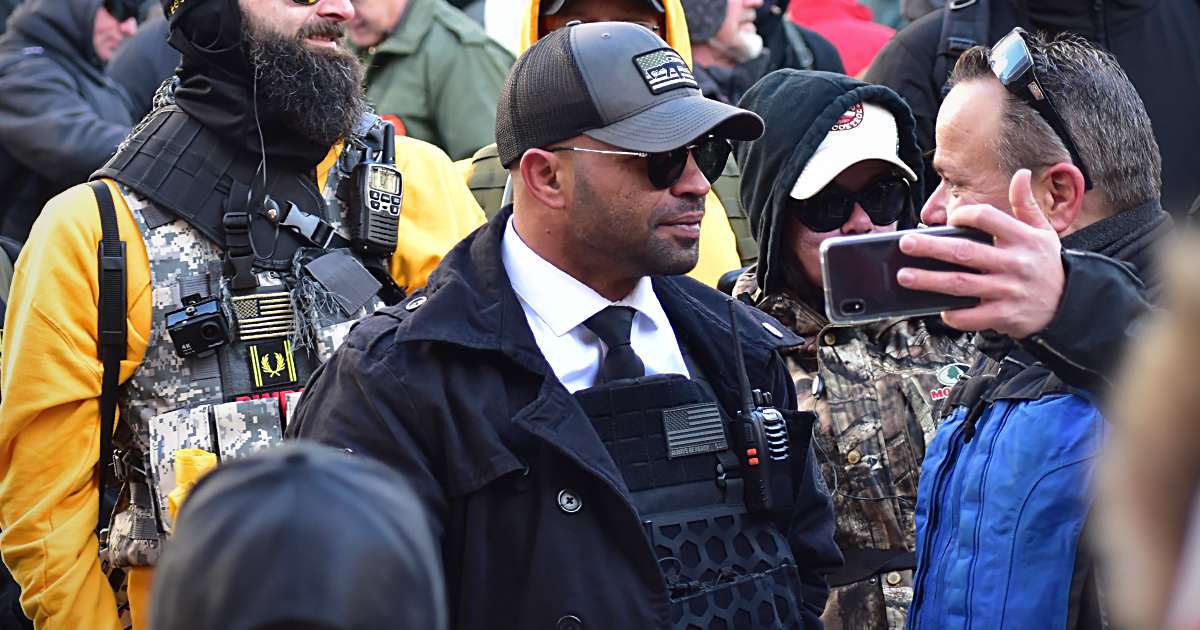The Biden administration’s Department of Justice is requesting a 33-year prison sentence for Enrique Tarrio, the former leader of controversial men’s club, the Proud Boys. Tarrio, 39, was convicted of charges related to the January 6th civil unrest, including seditious conspiracy.
The proposed sentence stands out for its severity, being one of the harshest punishments recommended in connection with the Capitol unrest. Tarrio, who was not in Washington, D.C. on January 6, would receive the longest prison sentence if the prosecutors’ request is granted.
Tarrio, an African-American of Cuban descent who held the national chairmanship of the Proud Boys until some time after January 6, was found guilty of plotting to obstruct the government in the U.S. Capitol on January 6. His conviction follows an extensive investigation and trial process that has seen numerous members of the Proud Boys and similar groups face legal consequences.
Other high profile Proud Boys who were charged are military veterans Joe Biggs, Zach Rehl, and Dominic Pezzola. None of the men, including Tarrio, were accused of engaging in violence on January 6. Rehl, who like most January 6 defendants has been held without bail, is the father of a child who was born after his arrest.
“They unleashed a force on the Capitol that was calculated to exert their political will on elected officials by force and to undo the results of a democratic election,” prosecutors claimed, according to New York Post. “The foot soldiers of the right aimed to keep their leader in power. They failed. They are not heroes; they are criminals.”
Tarrio became a controversial character within the Proud Boys and conservative circles after it was revealed that he was a “prolific” informer for federal law enforcement, though some say this happened before he joined the men’s group.
The potential 33-year sentence for Tarrio has sparked intense discussion about the role of the Justice Department and the nature of political bias within the legal system. Critics argue that such harsh penalties may reflect political motivations rather than impartial justice.



